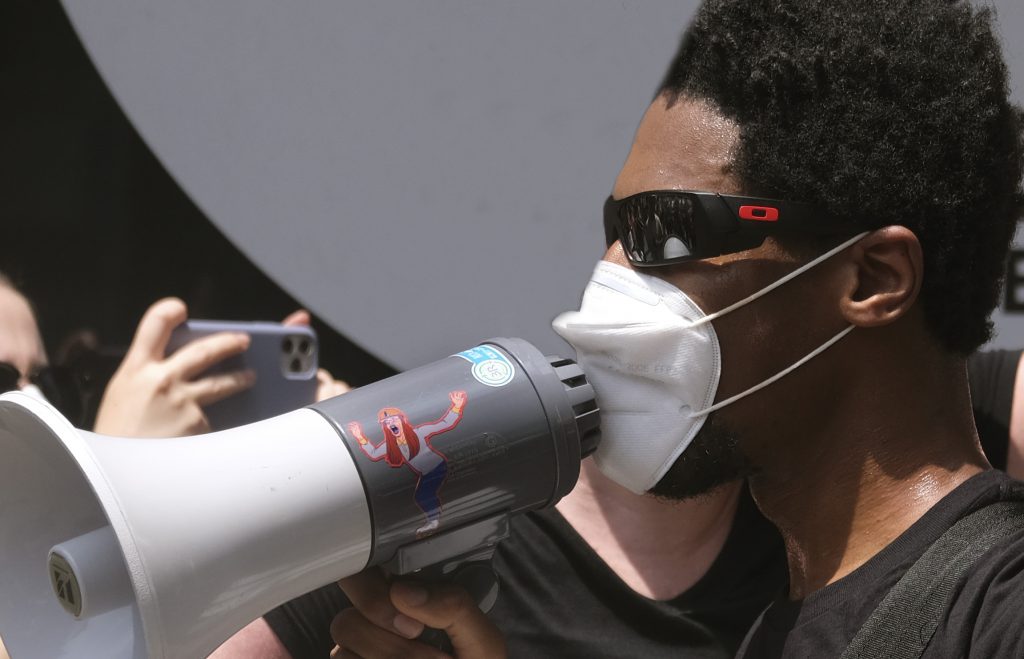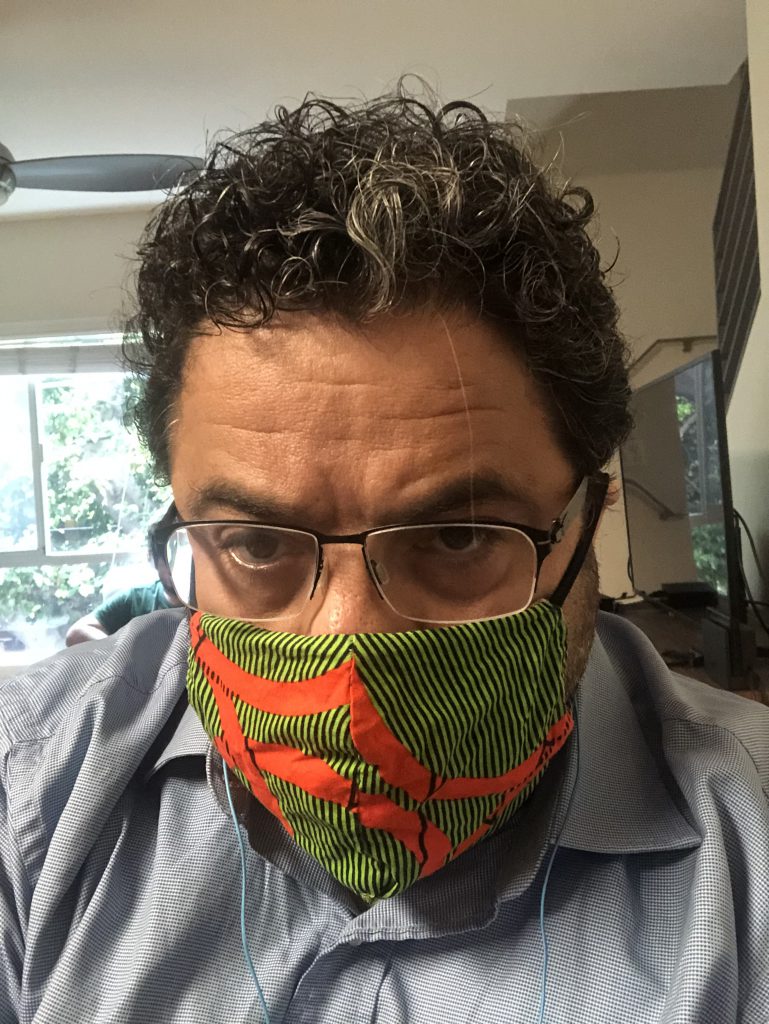
One sunny June Sunday in Manhattan’s Union Square, Jon Batiste spoke through a megaphone and a mask about “the need to implement systemic change and to avoid collective apathy.”
He then marched roughly a thousand people, including members of the Stay Human band he leads as music director of “The Late Show with Stephen Colbert,” up Sixth Avenue. He was just blocks from the Village Vanguard, the storied jazz club where he’d recorded two albums. He drew directly on the second-line tradition he learned as a boy, in New Orleans. He played and sang “Lift Every Voice and Sing,” composed more than a century ago and often referred to as the “Black National Anthem.” He segued into his latest single, “We Are,” a call-to-arms, he told me, “meant to confront the choice between profit and humanity, between freedom and the bondage of racism and all the terrible things that have been accepted and perpetuated in this country.”
A week later Batiste sat at an upright piano in front of the Barclays Center in Brooklyn. Wearing a mask and bright-blue protective gloves, he played a version of “The Star-Spangled Banner.” Like the version he’d recorded for his 2013 album, “Social Music” it sounded playful, rollicking, chaotic, even threatening.
We talked on the phone about these protests and this moment.
What prompted you to head out to Union Square and lead a protest? Continue reading “COVID Conversations, Vol. 6: Jon Batiste”

